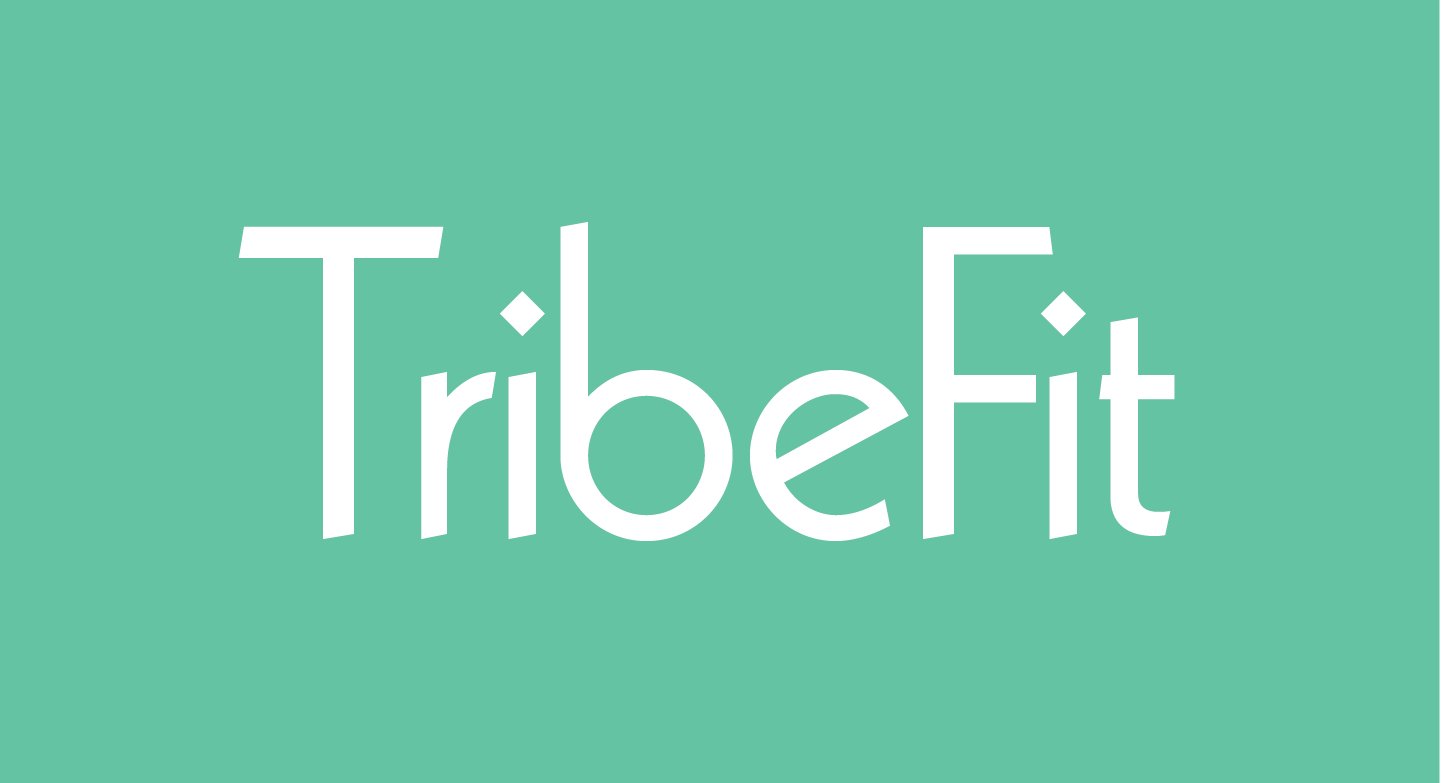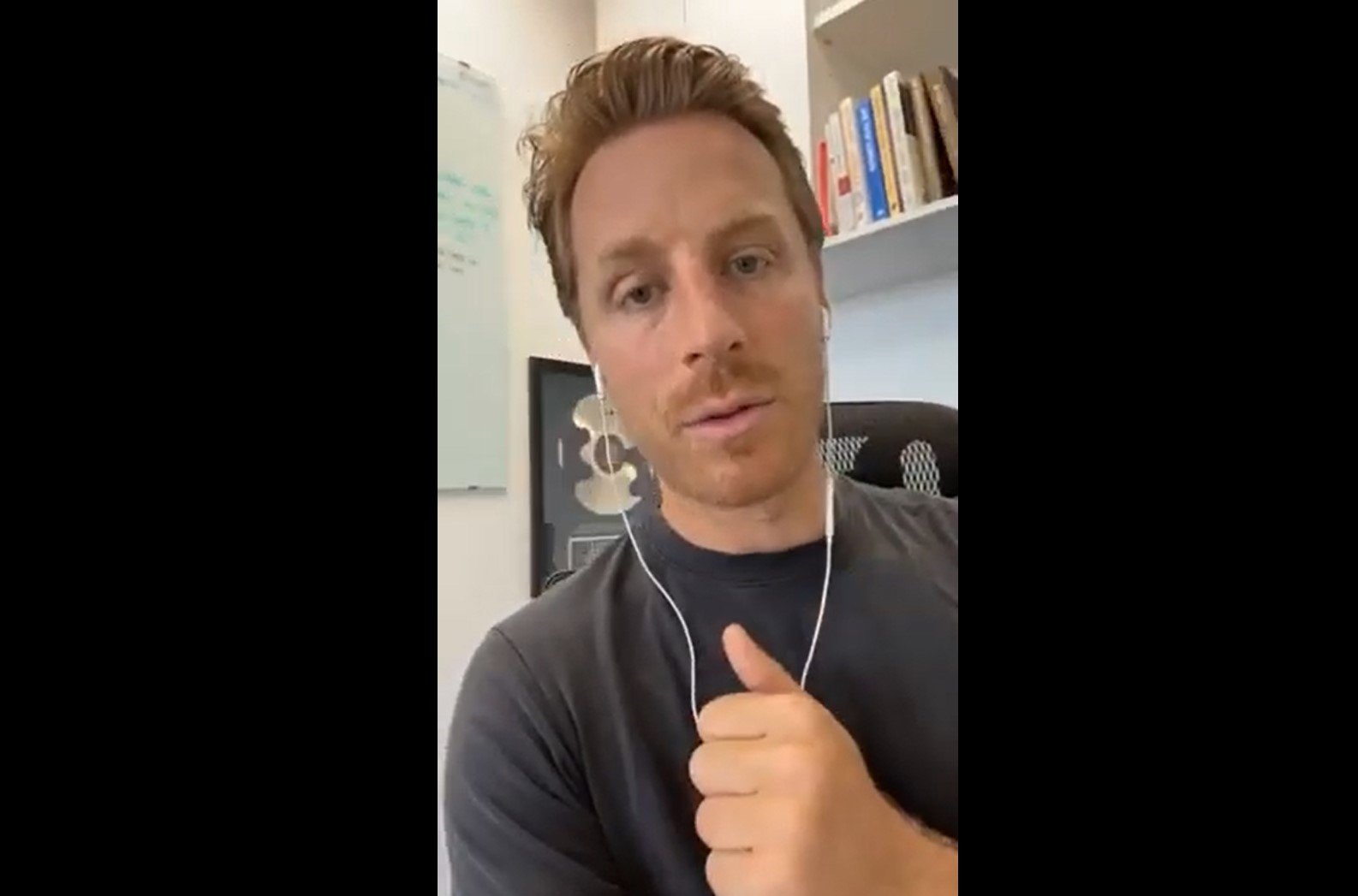How To Convince Someone To Pay Your Price As An Online Trainer
Hey guys, Chris here from Tribe Fit and I'm just out on the balcony today shooting this video for you and specifically in this video what I'm going to be doing is going through the problem that I find with a lot of online trainers or trainers who are struggling to grow and get more clients, build their business, and get more predictability and consistency in their income, their cash flow, and their client flow.
And that is how to get people to pay your prices, and I spoke to a trainer this morning and he said to me, “Chris, how do I convince someone to pay me the prices that I'm trying to charge?” And, first and foremost, the easy to answer that question is it is not about convincing someone of your worth. Now, generally a prospect should come through a funnel process, a warming process, a perceived value growth step before that you get onto an actual what's called a prospect call, a consult call, or a sales call. Whatever you want to call it.
Now, if they're coming through cold to you and they don't know who you are, they don't know your value, they don't really care or whatever it might be then first and foremost that's your problem right there. You're not going to be able to charge the prices that you should or you won't be able to charge your actual true value or worth because you're putting yourself on a level ground with every single trainer out there in the world. You're not putting yourself up on a pedestal.
And, as a result, you are going to be able to be price shopped. If someone sees you as similar to everything else they have an understanding of what the prices are of let's just say for example a one on one personal training session with a trainer down on the corner in gym. You know, the majority of people who have been in this space client wise understand what they've paid in the past, understand the average sort of price per hour of a trainer, and so on and so forth.
And as a result, if you don't differentiate yourself from that and you put yourself on that level playing field and they're going to go, “Well, I don't know anything about you,” they're going to go in their mind because they don't know anything about you, “I'm just going to put you at this level.” And what I do know is my last trainer I paid them X dollars an hour and because I don't see you as any different you should be the same if not cheaper. 'Cause I can try to price haggle you because otherwise I'll just go back to the other guy. Or the hundred other trainers out there that'll do whatever price I want them to.
So, first and foremost the issue there is perceived value and your lack of building authority or trust or credibility in your prospect's eyes. You generally want to speak to people who know, like, and trust you and have a higher perceived value of your worth and know what your worth is, your skillset is, or whatever it might be. And they're specifically speaking to you, reaching out to you, because of that. As a result, all of a sudden, the process gets flipped on it's head. It goes from a sales process, you selling yourself, to actually the client selling themselves to you. It flips and reverses the process completely on it's head. It sounds a bit crazy for those of you who have never had this happen you're probably thinking, “Chris, I don't know if that's possible.” But for those of you who have experienced this, you're like, “Of course, that's exactly how it works Chris.”
So, depending on where you are in your journey trust me this is happening day in and day out with thousands of trainers all around the world. Thousands of people in all different spaces all around the world. You need to cement your authority, get the person to understand why you're an expert and why they should be reaching out to you, and then as a result take them through a funnel process where they apply to you. You get them to jump through a couple of hoops, each micro commitment, and that's like a hoop, each micro commitment you ask them to jump through your value just keeps going up, and up, and up.
And by hoop I don't mean anything crazy or anything unethical. What I mean by that is you know little things like for example them going onto say your landing page, whatever it might be, your funnel, going through step one, and then going through and clicking on the calendar and booking at a time in your calendar. And filling out some details, taking you know two, three, four minutes to fill out some details, their name, their number, why they're reaching out, whatever it might be.
These are what are called micro commitments or hoops. You're getting them to rather than just put in their name and phone number and expecting you to call at anytime and if they're too busy or whatever they won't answer or they'll ask you to call back at another time or whatever it might be, that is no micro commitments.
But on the other hand getting someone to click on an ad, potentially spend five or 10 minutes watching a video, from there clicking on another link, takes them through to your calendar, they book in a time that suites them, you know, they check out their calendar and try and align something that works. And then go through another page, fill out their details, their number, why they're reaching out, what they're interested in, whatever it might be. It might take them a total of five, 10, 15 minutes. Whatever it might be, but as you can see this one person has spent one second and there's another person that spent five, 10, 15 minutes to get in touch with you. Which one's going to be more qualified, which one's going to have a higher perceived value of you? And which one are you going to have to sell yourself to the most?
So first and foremost, that's the key, if you're trying to sell yourself to cold prospects it is very, very difficult. It is not fun, nobody likes that. If you're speaking to someone who's applying to you to become a client it is much easier, you're flipping the process on its' head, and as a result you don't need to convince anyone. All you need to do is get on a call, speak to them, find out what their needs are, why they reached out, think to yourself can you actually help them, and if you can, boom you've got a client.
And it doesn't really matter what your prices are. That person's going to have a higher perceived value of you, they're not going to go, “Oh, but my previous trainer I only paid 50 dollars an hour and you're asking me to pay 100 dollars.” Or a thousand dollars or whatever it might be. They're not going to do that because they're not going to see it as apples versus apples. You're the orange, every other trainer they've ever had before is the apple. They're not going to be able to relate the two together and as a result price doesn't matter, so, it comes down to that.
From there, when you get on a call you've bumped up your perceived value in that prospect's eyes and the final aspect where some people get it wrong is they devalue themselves. So, let's just say for example you got someone to do micro commitments, jump through a couple of hoops, and before they get on the call they're thinking you're the best, you're awesome. I'm really looking forward to the call, whatever it might be. And then when you get on the call you might spend too long with them, you might ask the wrong questions, you might not have the confidence, you might not have a good sell script, whatever it might be. And as a result your value was here and after speaking to you for 20 or 30 minutes you've devalued yourself and you come back down to here.
And generally what happens there is on the end of the call they might say, "Oh, yeah, that sounds good." Or maybe, "That price seems a little bit high," or, "Let me think about it, I need to speak to someone, give me a week to think about it, I need to check my finances." All of these are obstacles or all of these objections are really they're just BS objections, they're really coming about as a result of you devaluing yourself. IF you keep your value high these BS objections don't come up.
And you'll see it once you do it and you'll be like, "Jeez, I've become really good at sales." But in actual fact you're probably as good as you were before, it's just that the processes before. I'm not a good salesperson, I'll put my hand up and you know I'm not the best salesperson in the world. But I've done multiple millions of dollars in phone sales and it's all because of what I did prior to the call. The steps that I did prior to the call and then the format that I followed on the call. Before that, you know, I've tried to sell things before, online training packages, face to face training, coaching, whatever it might be and sucked at it. And I thought, oh, I'm no good at sales.
But in actual fact it's what I was doing wrong prior to the call and then what I wasn't following on that call that was really stuffing me up, screwing me up. And I like to say there's no such thing as a good salesperson or a bad salesperson it really comes down to what you do prior to that or how you act on that initial call conversation.
So, whether you think you're good at sales, whether you think you're bad at sales, none of it really matters. The difference is what's done prior to the call or prior to the sales conversation. Hopefully that makes sense, hopefully that gives you confidence to get back on the horse, make it happen. And if you're struggling to convert at the prices you should be charging then look at what you're doing prior to the call and then also think about what you're doing on the call. Or the face to face conversation. Hopefully that makes sense and it helps you grow your business more, help more clients and get to where you need.






